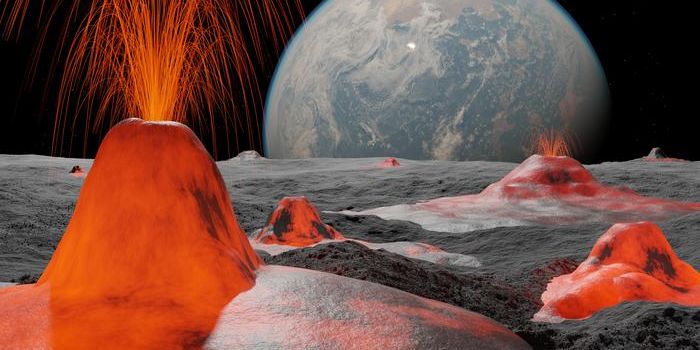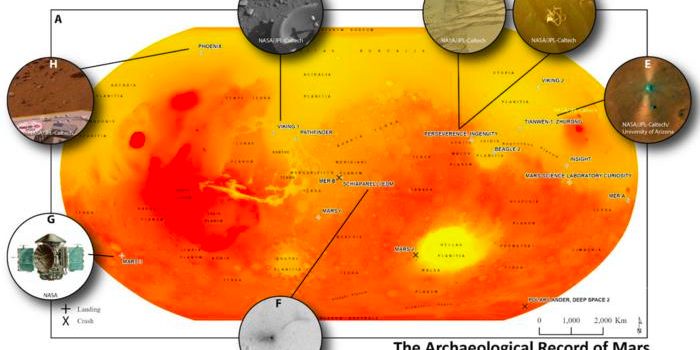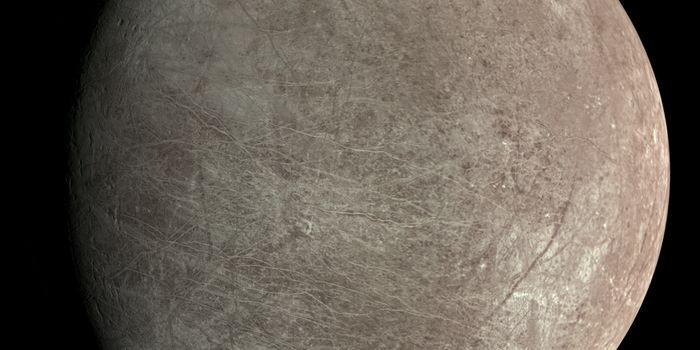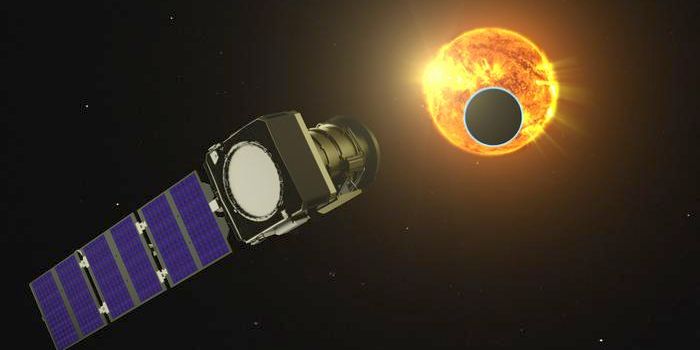SpaceX is Reportedly Testing New Raptor Engine for Mars Travel
SpaceX is reportedly in the middle of testing a new type of engine rocket that could be utilized for Martian travel. As we know, SpaceX shares a common goal with NASA of putting astronauts on Mars in the next few decades.

Image Credit: SpaceX
Dubbed the Raptor, these new engines are compact and powerful and should pack enough juice to help out in future missions of putting mankind and supplies on the red planet in our Solar System.
Raptor engines will feature methane and liquid oxygen-based fuel sources and should have up to three times the thrust of current engines that are pushing the company’s Falcon 9 rockets into space.
With one Raptor engine having approximately the same amount of thrust as one of NASA’s Space Shuttle mission engines, SpaceX’s new engines can be used in an array of up to nine to generate thrust far more powerful than the Space Shuttle engines ever produced.
Although SpaceX’s weaker Merlin engines will continue to power the Falcon 9 rocket for space missions, and even the upcoming Falcon Heavy for transportation missions, the newer Raptor engines are expected to power a new class of rocket that will be nicknamed Big Falcon Rocket (BFR).
With the BFR and the Raptor engines that get built into it, SpaceX intends to create a spacecraft known as the Mars Colonial Transporter that can be used to transport astronauts and supplies to the red planet from Earth.
One of the biggest problems we have in space travel today is limiting our supplies in launches because if we tried to take everything we wanted into space at one time, the rocket wouldn’t have enough power to leave the ground.
Because so much thrust can be achieved with a Raptor engine array, space agencies will have what they need to pack all of their supplies and astronauts into the spacecraft and still be able to achieve launch from the ground to get them where they need to go.
So far, SpaceX hasn’t been very open about their new Raptor engines, so the details aren’t very public at this point in time. What we do know is that SpaceX is working on them and they are a next-generation engine. SpaceX CEO Elon Musk has only mentioned and talked about the Raptor engines a few times in interviews.
In other news, SpaceX successfully landed another Falcon 9 rocket over the weekend after completing the primary mission of putting a Japanese telecommunications satellite into space.
Source: Ars Technica, SpaceX








